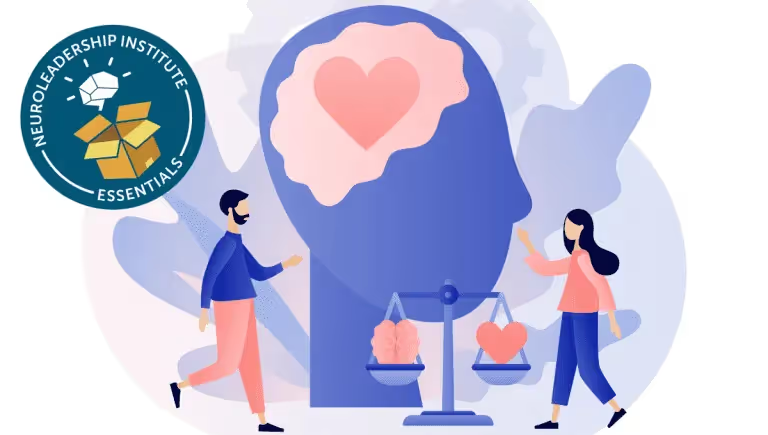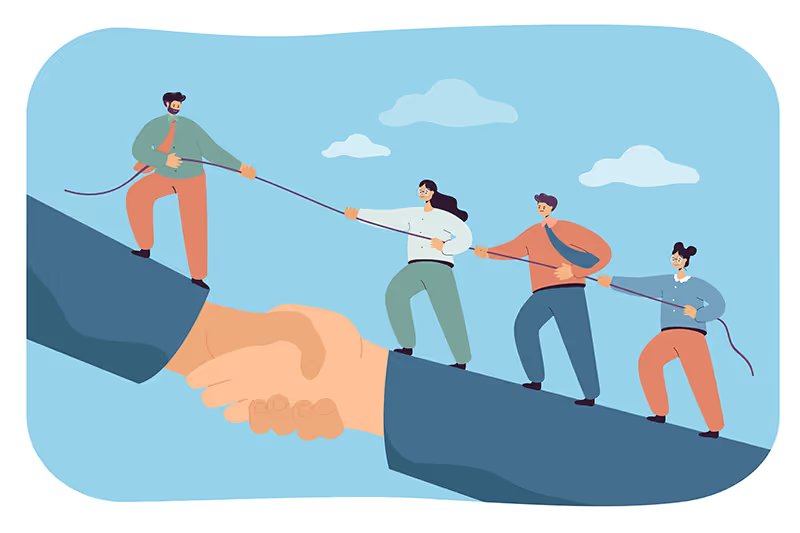Leaders and HR professionals are recognizing the need for empathy in the workplace more than ever before, but definitions of empathy vary — and even the term makes some leaders squeamish. Below, we’ve tried to reduce the confusion surrounding the nebulous term by focusing on the outcome: quality connections among co-workers. Research shows that such connections can reduce burnout, energize workers and leaders, and make everyone feel cared for.
Empathetic leadership
Managing Humans: The Neuroscience of Empathy
Stop Telling Managers to Be Empathetic. Try This Instead
This ‘Soft’ Leadership Trait Wins at War and at the Office
Building quality connections
How to Build Connections in the Era of Digital Strangers
Feeling Disconnected at Work? Follow the Science for Better Ways to Connect
Maintaining Connection When Your Team Is Dispersed
The power of listening
When Your Perspective Is Mistaken




.avif)



